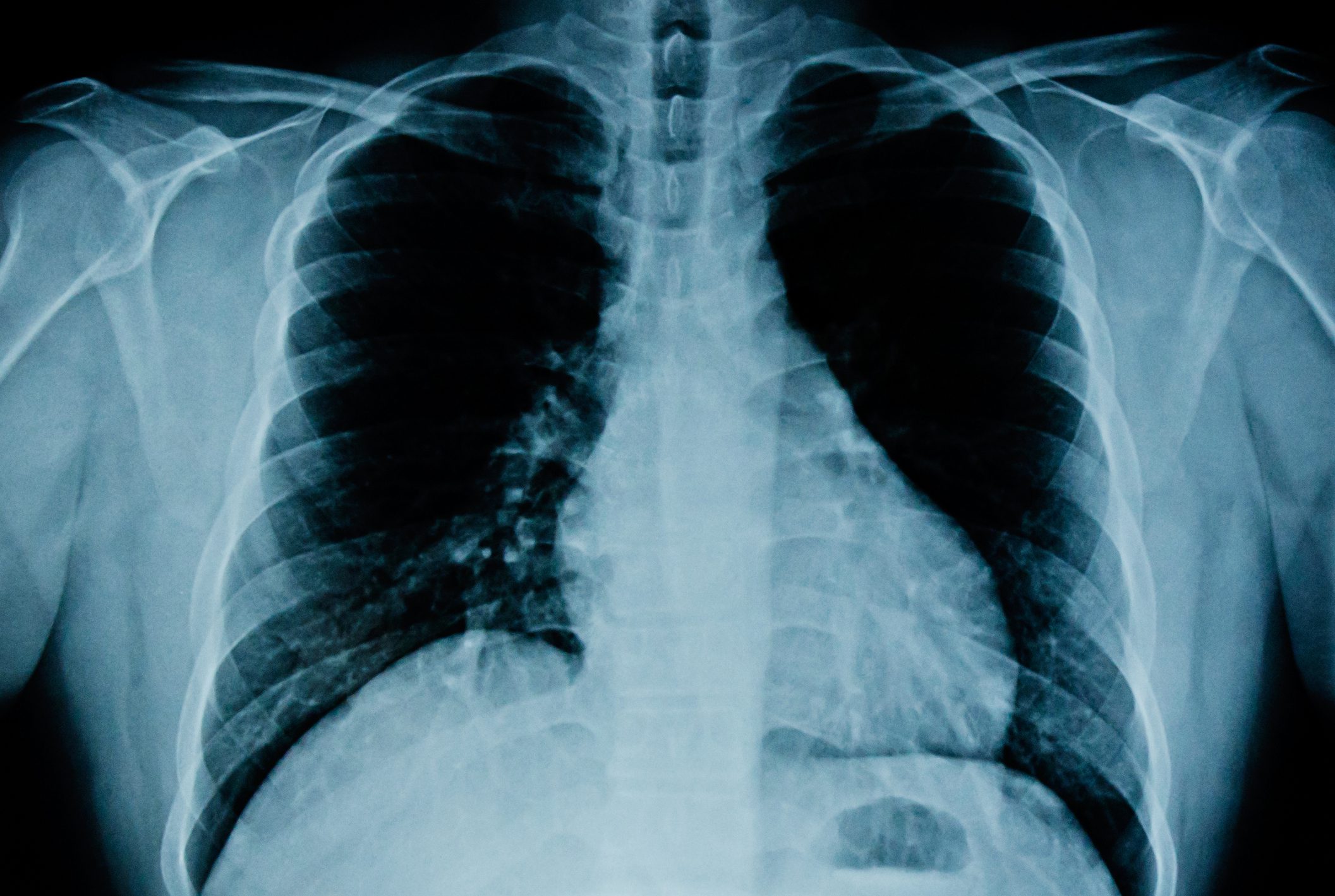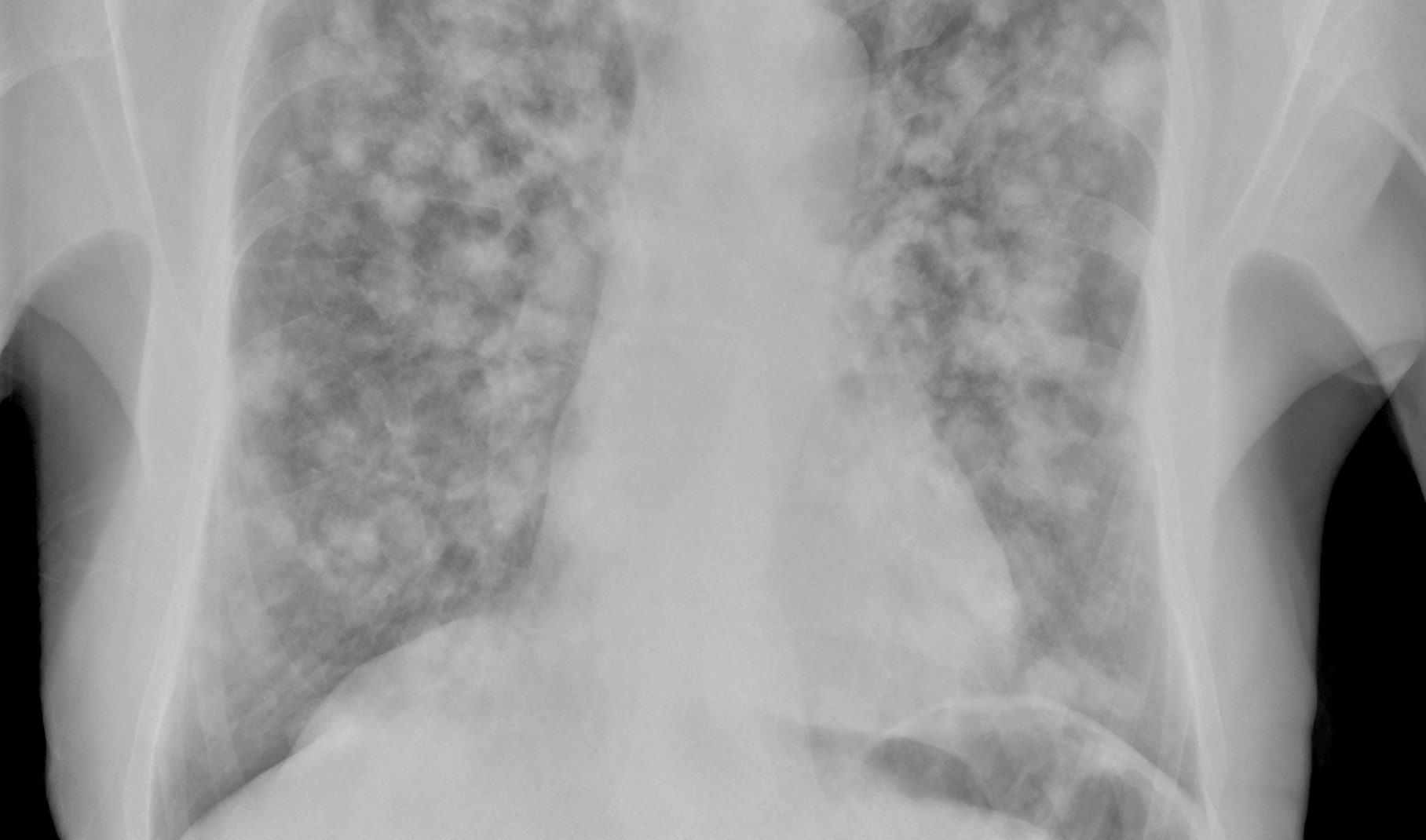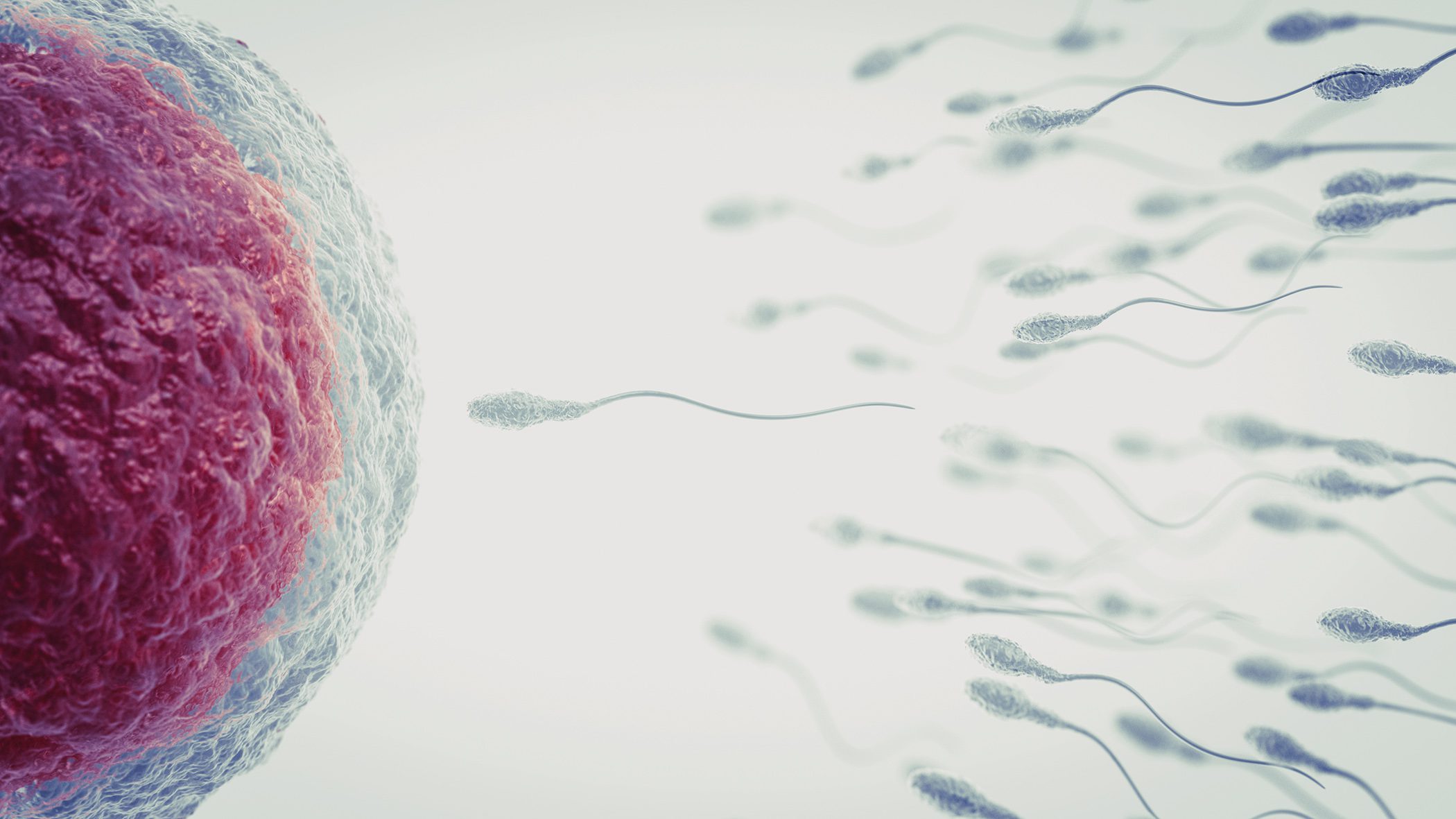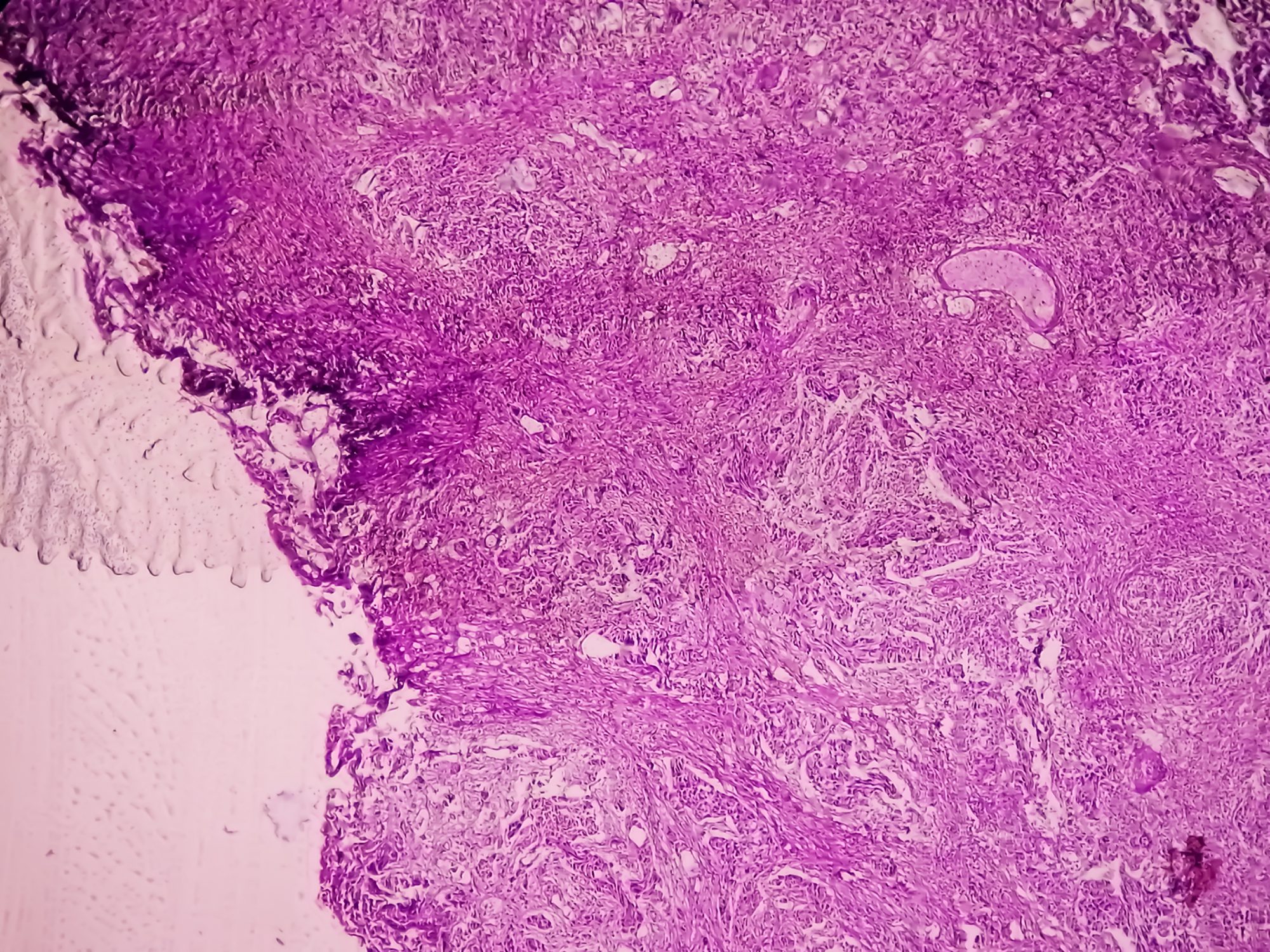After a cancer diagnosis, those affected not only face enormous physical challenges – the psyche also suffers. Most patients are almost overwhelmed by their emotions and thoughts. Often overlooked after successful treatment is the fact that for all the joy and relief, concern about recurrence remains. This is where psycho-oncology is needed, both in the acute situation and in the long term to address anxiety and depression.
A cancer diagnosis first pulls the rug out from under patients. The greatest fear is certainly that of dying. Furthermore, a time of great challenges and strains begins. Therapy is grueling and often fraught with side effects. But even after successful treatment, not everything is hunky-dory. This is due in part to the potential consequences of therapy, such as disability or hypophysitis, thyroid dysfunction, or immune effector cell-associated neurotoxicity syndrome. In addition, there is always a risk of recurrence. To understand that 17% of survivors still suffer from depression and anxiety five years after diagnosis and 9% after ten years. Pronounced stress reactions often occur, particularly at prominent points in the course of treatment. Psychooncology aims to address these psychological challenges of malignant disease both in the acute crisis and in the long term [1].
Although mental illness is increasingly finding its way out of the taboo zone, many sufferers do not address their fears of their own accord. Especially older people, men and patients with a poor general condition not infrequently even reject psychological help. Psychologists nevertheless recommend that patients also be regularly asked about how they are feeling and that appropriate flyers be displayed in the waiting area. This procedure can be supplemented by the very simple but meaningful “Distress Thermometer” [2]. This screening facilitates the selection of the appropriate course of action. Services range from acute care hospitals, rehab, palliative care and outpatient facilities. In them, classical behavioral or depth psychological therapies are combined with oncology-oriented approaches. In addition, psycho-oncology also includes the relatives and the social environment.
Literature:
- www.leitlinienprogramm-onkologie.de/fileadmin/user_upload/Downloads/Leitlinien/Psychoonkologie/
Version_2/LL_Psycho-Oncology_Long-Version_2.01_
Consultation-Version.pdf (last accessed 02/14/2023). - www.campus-pharmazie.de/2020/08/06/fuer-krebspatienten-das-nccn-distress-thermometer (last accessed on 14.02.2023)
InFo ONCOLOGY & HEMATOLOGY 2023; 11(1): 40.











